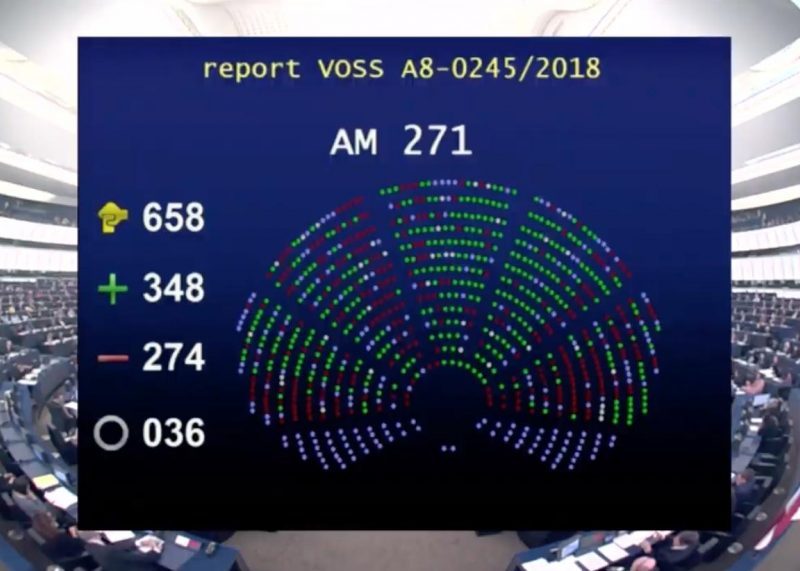
European Parliament limits internet freedom in controversial copyright vote
Today, the European Parliament voted 348–274 to pass a new copyright directive that includes problematic rules that will harm free knowledge. They did so after years of discussions, revisions, and more recently street protests. We believe that this is a disappointing outcome, the impacts of which will certainly be felt for years to come. As….
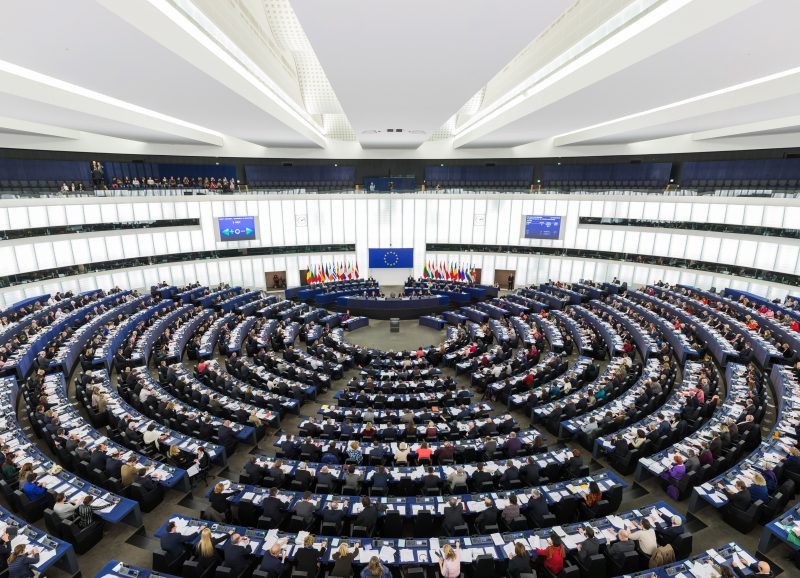
Four Wikipedias to ‘black out’ over EU Copyright Directive
Update, 25 March: The Italian, Galician, Asturian, and Catalan Wikipedias have blacked themselves out today to protest the EU Copyright Directive. Other language versions of Wikipedia have chosen to show site banners above their content. Wikipedia’s volunteer editing communities make decisions like this independently. More on that, and our unaltered original post, is below. •….
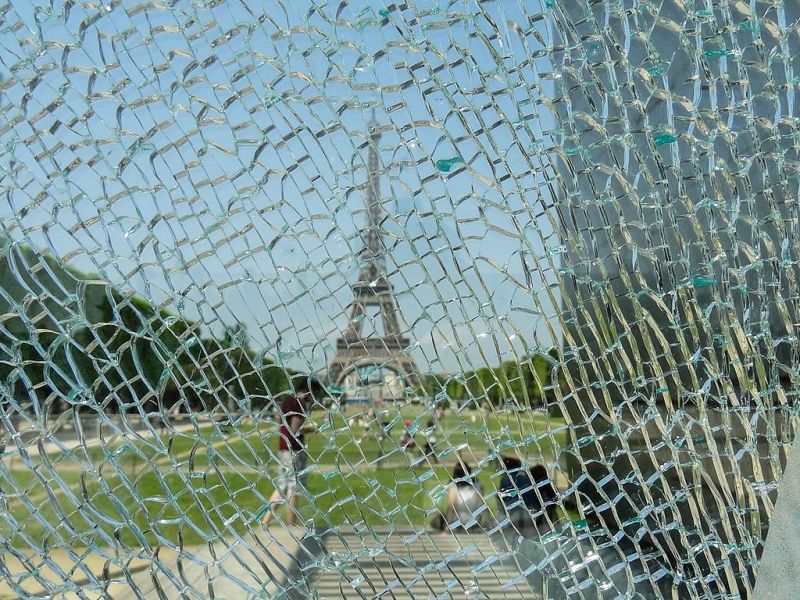
We do not support the EU Copyright Directive in its current form. Here’s why you shouldn’t either.
After a long legislative process, the final text of the EU Copyright Directive was cemented last week as trilogue negotiations between the EU Commision, Parliament, and Council came to a close. Now that the final text has been made available, with only a yes-no vote in Parliament standing in the way of its implementation, Wikimedia….
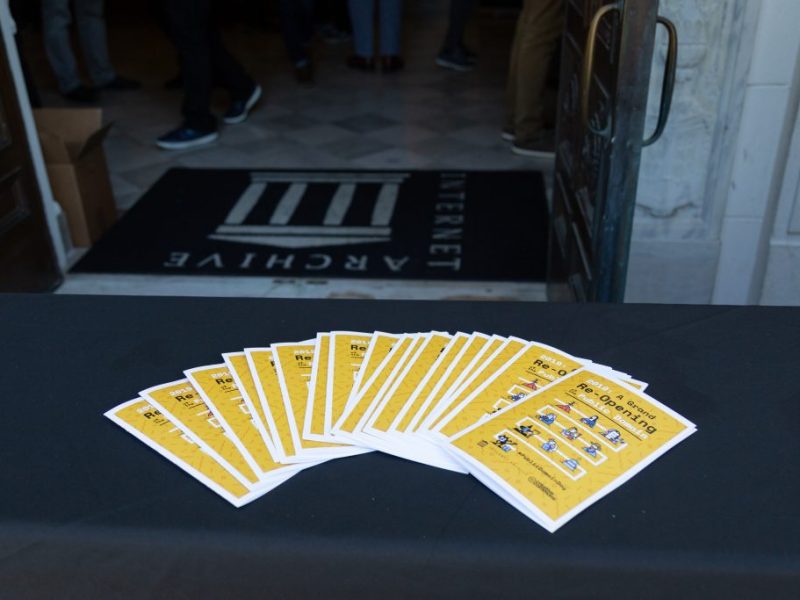
A bunch of media just entered the public domain. Here’s why that matters.
The black-and-white film flickers as a wealthy young woman, sitting on a bench in a garden, bats her eyes at the gardener’s son she is not allowed to marry. In her self-portrait, an artist wears masculine clothes against a bleak urban backdrop, dark eyes meeting the viewer’s gaze from the shadow of a broad-brimmed riding….
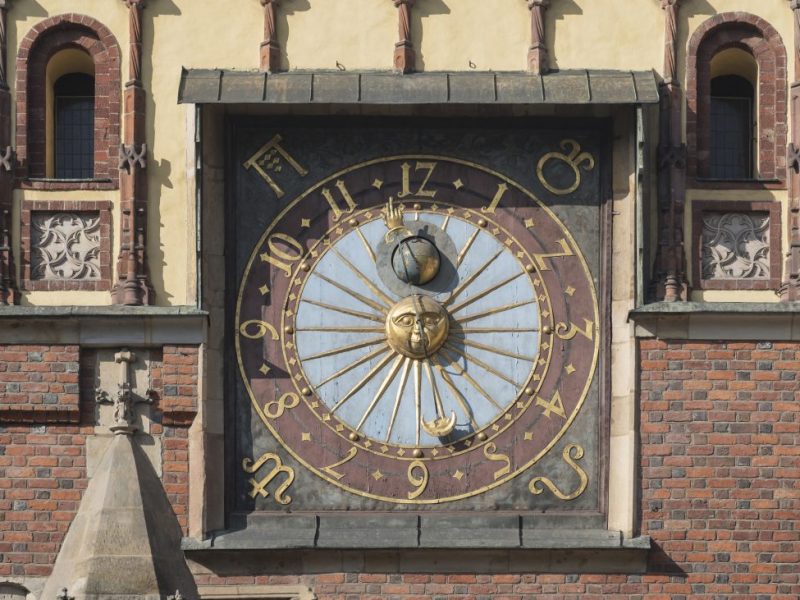
Problems remain with the EU’s copyright reform
It was almost exactly five years ago that a reform of EU copyright was included in the European Commission’s list of priorities. The setting of that priority was followed by several public consultations, countless public events, and many face-to-face meetings. In 2016, the Commission made a proposal for what this reform would look like. Since….

Our favorite weird and the wonderful images from the grand re-opening of the public domain
It’s been just over three weeks since the public domain started growing again in the United States, and works from 1923 became available for anyone to freely share, remix, and enjoy.[1] Since January, hundreds of files from 1923 have been uploaded onto Wikimedia Commons, including books, images, movies, and music. It would be impossible to showcase….
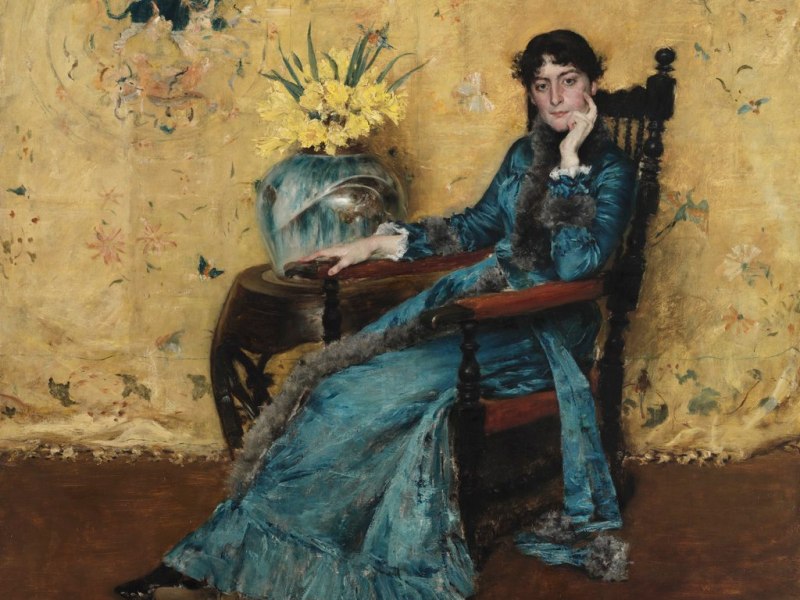
We applaud the Cleveland Museum of Art’s new open-access policy—and here’s what remains to be done.
This week, the Cleveland Museum of Art implemented a clear and permissive open access policy, removing all copyright restrictions on photographs of 30,000 items and releasing all metadata related to the 61,000 works in their collection. In short, this means that anyone, in any context, can access, reuse, and remix the collections. With this decision,….

Here’s why we’re celebrating the public domain in 2019
As 2018 turned to 2019, people around the world celebrated the start of a brand new year with parties, family, and friends. The transition into 2019 also marked a new era for access to knowledge and culture in the United States, as new works finally entered the public domain through copyright expiration for the first….

Lose yourself in our planet’s beauty with the winners of Wiki Loves Earth
A lonely monastery. The sun rising over the desert. A walk through a national park. These are just a few of the spectacular sights captured in the winners of the international Wiki Loves Earth photography competition, announced today. Coming in first place, seen at top, is a shot of the famed columnar basalt of Cape Stolbchaty, located in Russia’s….
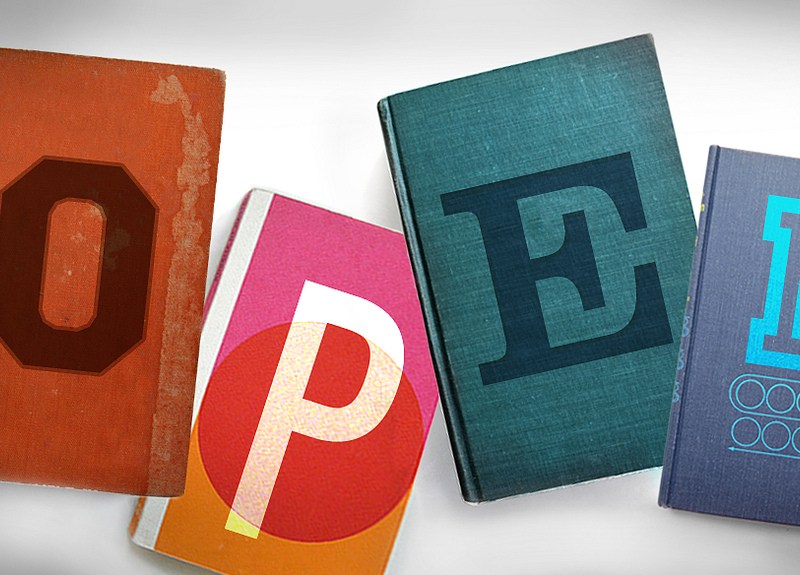
We’re endorsing a proposed copyright treaty that adds educational and research exceptions. Here’s why.
This may come as a surprise, but copyrighted works often cannot be used in educational and research materials. For example: students in France, Italy, Luxembourg and Romania cannot legally quote an entire artwork in a digital presentation. In Denmark, Finland, Italy, the Netherlands and the United Kingdom a teacher may not send an email to….
Photo credits

William Merritt Chase via the Cleveland Museum of Art

Bruno Osamu Nonogaki/brunononogaki.com
Medvedevphoto (Владимир Медведев)
Ekaterina Vasyagina/PhotoJourneys.ru